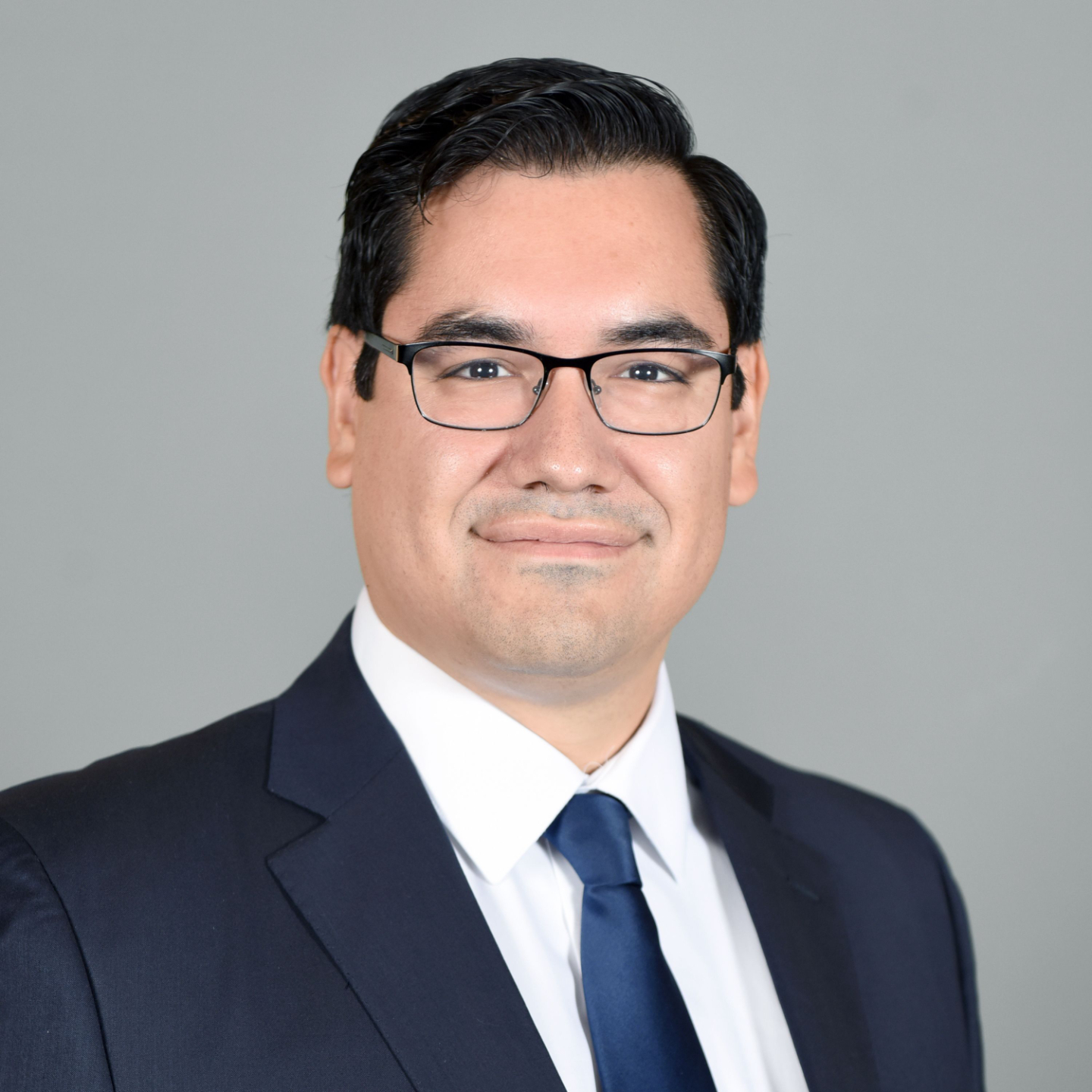Copyright and Ownership of Indigenous Sound Recordings
ENRICH Webinar Series
February 28, 2023
3:00pm - 4:30pm Eastern Time (US & Canada)
Who owns the copyright of a sound recording? Who owns the voices and sounds of a forest? How are some voices and sounds protected, and others erased in the law? What happens when sound recordings enter the public domain? How does the Music Modernization Act (2018) affect Indigenous sound recordings? What recourse do Indigenous communities have to protect their rights over ceremonies, songs and narratives documented by ethnographers and now being digitized and widely circulated? What happens when songs and Ancestors come home again?
Like other extractive technologies, sound recordings were weaponized as tools of settler colonialism to appropriate Indigenous voices, songs, oral histories and traditional knowledge. These field recordings, soundscapes, aural mappings were taken, circulated, archived and appropriated often without full and informed consent of Indigenous peoples and stored in institutions outside Indigenous control. Join us as we bring together tribal attorneys, experts on decolonial archives, and Tribal Historic Preservation Officers to discuss examples of these forms of archival violence, as well as legal and extralegal solutions to these problems.
Resources

Passamaquoddy Labels in Use
Watch this video to see how the Passamaquoddy tribe worked with Local Contexts to apply Labels to their traditional knowledge.
Rights and Permissions
Panelists Permissions
This recording was made with the expressed permission of the panelists for educational purposes only. The views expressed at, or through, this site are those of the individual authors writing in their individual capacities only – not those of their respective employers, or communities as a whole.Legal Advice
The information provided on this webinar does not, and is not intended to, constitute legal advice; instead, all information, content, and materials are for general informational purposes only. Specific nuances can dramatically change the legal outcome in a specific situation. Consult with a lawyer directly before taking legal action.
Traditional Knowledge Labels
 Traditional Knowledge Label: Attribution - Elihtasik (How it is done)
Traditional Knowledge Label: Attribution - Elihtasik (How it is done)
When using anything that has this Label, please use the correct attribution. This may include individual Passamaquoddy names, it may include Passamaquoddy as the correct cultural affiliation or it may include Passamaquoddy Tribe as the tribal designation.
 Traditional Knowledge Label: Outreach - Ekehkimkewey (Educational)
Traditional Knowledge Label: Outreach - Ekehkimkewey (Educational)
Certain material has been identified by Passamaquoddy tribal members and can be used and shared for educational purposes. Ekehkimkewey means 'educational'. The Passamaquoddy Tribe is a present day community who retains cultural authority over its heritage. This Label is being used to teach and share cultural knowledge and histories in schools, and to raise greater awareness and respect for Passamaquoddy culture and worldviews.
 Traditional Knowledge Label: Non-Commercial - Ma yut monuwasiw (This is not sold)
Traditional Knowledge Label: Non-Commercial - Ma yut monuwasiw (This is not sold)
This material should not be used in any commercial ways, including ways that derive profit from sale or production for non-Passamaquoddy people. The name of this Label, Ma yut monuwasiw, means 'this is not to be purchased'.
ICIP - Indigenous Cultural and Intellectual Property
All materials, including text, graphics, design, names, logos, and underlying software are protected by copyright owned or licensed by us, and you acknowledge and agree that this is the case.
Except as permitted by law, you must not modify, copy, reproduce, frame, upload to a third party, post, transmit, or distribute the material except as provided for in these Terms unless authorized in writing.
Traditional Knowledge (TK) and Biocultural (BC) Labels, Notices, and Template Text © 2015 - 2022 Local Contexts. All Rights Reserved.
These webinars are designed specifically for Native communities as a knowledge-sharing space. Traditional Knowledge is here being shared for educational purposes. Any unlawful, commercial, unauthorized, or unattributed use is prohibited.
Local Contexts Notice
 The TK (Traditional Knowledge) Notice is a visible notification that there are accompanying cultural rights and responsibilities that need further attention for any future sharing and use of this material. For more information, visit localcontexts.org.
The TK (Traditional Knowledge) Notice is a visible notification that there are accompanying cultural rights and responsibilities that need further attention for any future sharing and use of this material. For more information, visit localcontexts.org.
Local Contexts Project: ENRICH 2023 Webinar Series
Speakers

Dr. Trevor Reed
Dr. Trevor Reed (he/him) is an Associate Professor of Law at Arizona State University’s College of Law, where he teaches courses in Property, Intellectual Property, and Federal Indian Law. Dr. Reed’s research explores the impacts of intellectual property law on individuals and societies, currently focusing on the relationships between creative production and Native American sovereignty. Reed is advancing community-partnered projects to assist Indigenous peoples in reclaiming their cultural expressions and traditional knowledges while also supporting their local modes of creation and innovation. Reed received his J.D., Ph.D. (Ethnomusicology), and M.A. (Arts Administration) from Columbia University; and BM (Music Composition) from BYU.

Dwayne Tomah
Dwayne Tomah (Passamaquoddy) (he/him) is a Language Keeper, he is a teacher of the Passamaquoddy language and culture. He is the youngest fluent speaker of the Passamaquoddy Tribe and has served on the Tribal Council. Dwayne has worked with the Library of Congress on translating the Passamaquoddy Wax Cylinders. These recordings are the first recordings in the world of Native languages. They were recorded in 1890 by Jesse Walter Fewkes, who borrowed the device from the inventor Thomas Edison. Dwayne has also been involved in repatriation and Land Back issues. He shares historical truth regarding The Doctrine of Discovery by an Indigenous perspective


